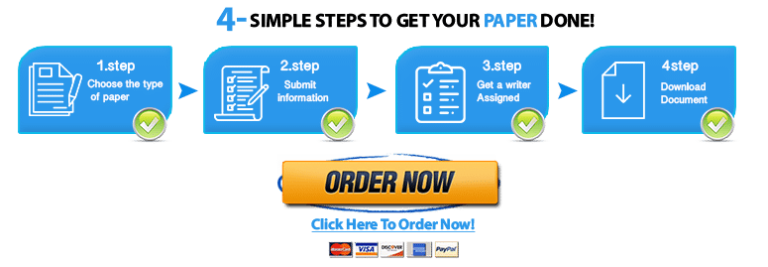Memo to the CEO British Airways (BA) Swipe Card Debacle
Organizational Change and Development
Individual Task- Written memo
Memo to the CEO
This assessment task related to The British Airways (BA) Swipe Card Debacle case study. Please see case study below.
The aim of this task is to write a memo to the CEO recommending the need for change. As an OD practitioner, you are required to provide recommendations to implement the change and development. You are required to provide the CEO with rationale and implementation plan by supporting your claims and referencing to the body of knowledge you have learnt in this subject.
Memo – 1000-1200 words
In your memo, you are required to address the following points:
- · identify the problems-the need for change (both the micro e.g. individual/team and macro e.g. organisational/environmental)
- · discuss the cause/s of the problems (both the micro and macro), also, look at the company culture.
- · determine the organisation systems affected and why
- · discuss alternatives (how it could be done differently)
- · Discuss how the company can create the climate for change and how to overcome resistance to change
- · identify the external trends that will impact the organisation in the future
- · make recommendations by outlining the plan, OD interventions used and implementation process for the solution(s) (elaborate
on one of the alternatives as your recommendation, provide a detailed project plan which can be included in the appendix if needed). The plan should include timelines, who is responsible, what action will take place when and the costs involved.
Students are required to use Harvard referencing style. You are required to use at least 10 academic references (beyond 2014).
1-Use of information (including evidence and examples) :
Evidence of critical or thoughtful sorting and selection. Comprehensive and accurate. Conclusions fully supported by the evidence.
2-Application of theories studied in the subject :
Creative or reflective processing of theories; understanding of how and why they are used; critical and evaluative thinking.
3-Structure and organisation :
Structure and sequence are used effectively to help integrate ideas or support logical argument. Soundly structured throughout.
